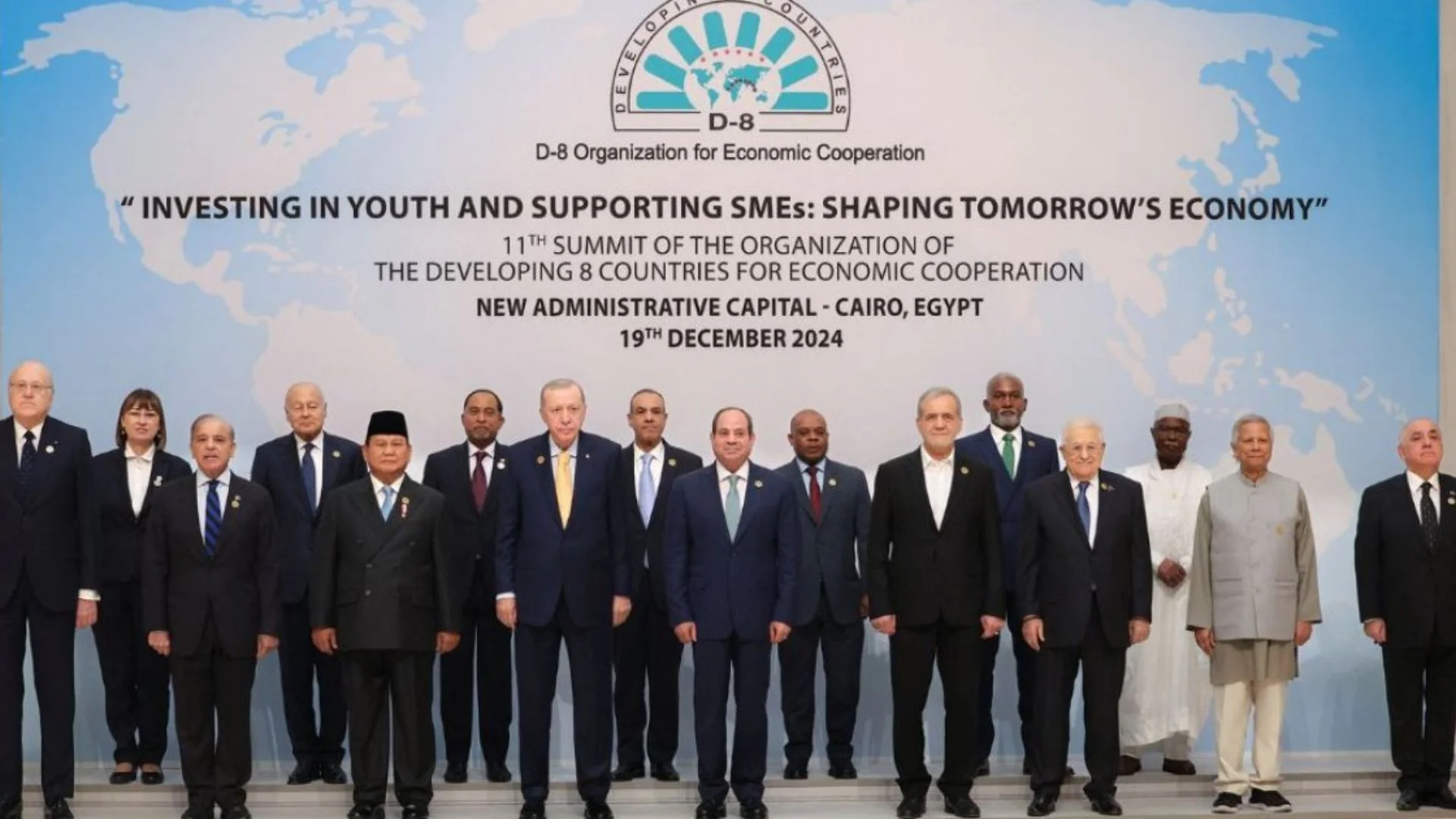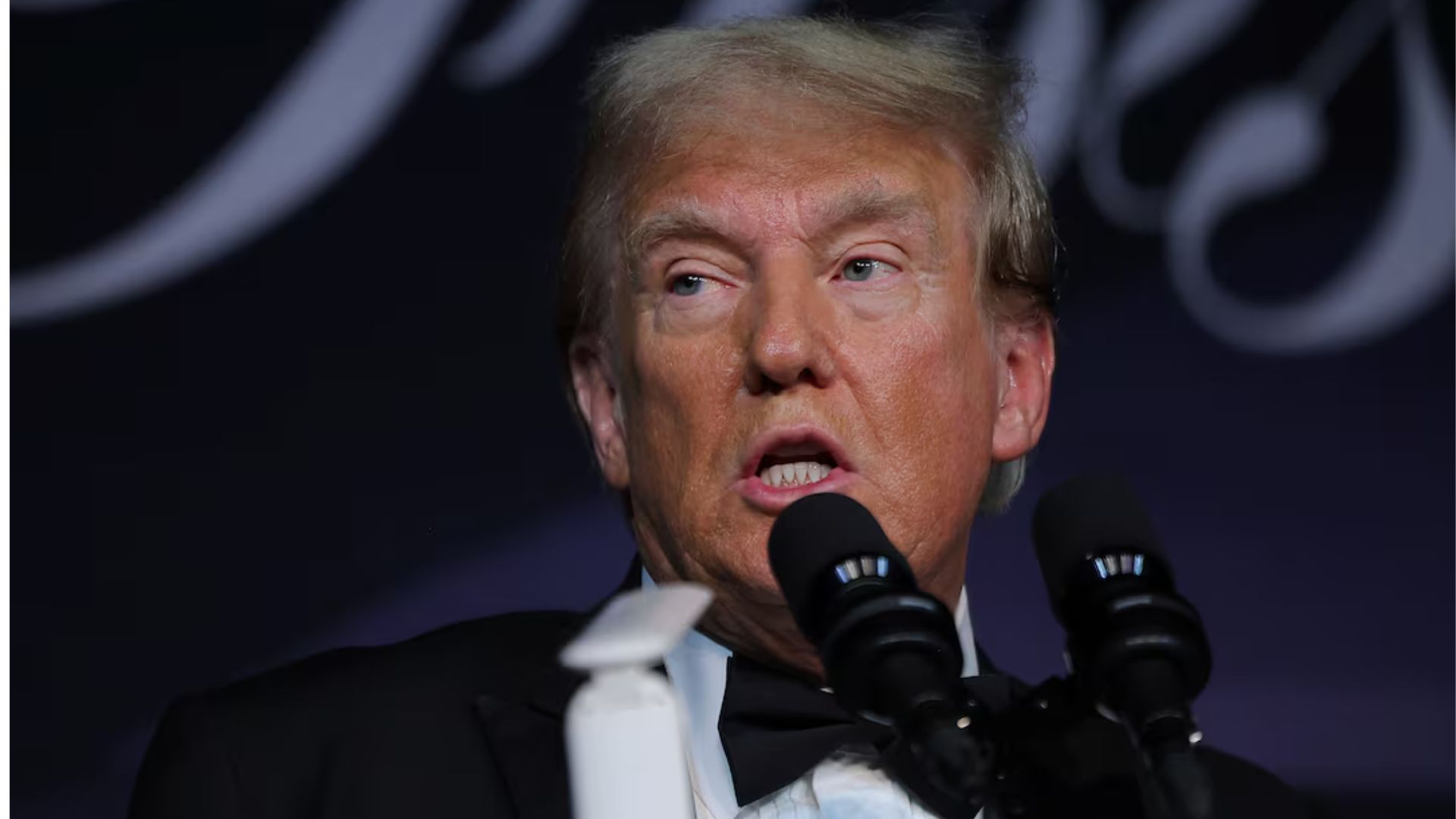
CNN reports that after Meta’s successful launch, Twitter has vowed to sue Threads, a new Twitter rival. This may be the most obvious indication yet that Twitter views Meta as a threat to its market share.
In a letter to Twitter CEO Mark Zuckerberg on Wednesday, a Twitter attorney accused Meta of stealing trade secrets by using former Twitter employees. The letter was initially reported on by Semafor. A source with knowledge of the circumstance confirmed CNN that the letter was authentic.
In a letter, Elon Musk’s outside lawyer Alex Spiro asserted that Meta had misappropriated Twitter’s trade secrets and other intellectual property in a systematic, deliberate, and illegal manner.
Musk tweeted, in response to news stories about the letter, “Competition is fine, cheating is not.” The letter continues by alleging that Meta purposefully used former Twitter employees who have improperly retained Twitter documents and electronic devices as employees and that Meta employed them.
Spiro said, “Twitter intends to strictly enforce its intellectual property rights and demands that Meta take immediate steps to stop using any Twitter trade secrets or other highly confidential information.” The letter was dismissed by Meta spokesperson Andy Stone.
“No one on the Threads engineering team is a former Twitter employee — that’s just not a thing,” he said on Threads, as per CNN.
Since Musk paid USD 44 billion to buy Twitter, the social network has faced competition from an increasing number of smaller microblogging sites, including the decentralized social network Mastodon and Bluesky, a rival supported by former Twitter CEO Jack Dorsey. However, Twitter has not indicated that it will file a lawsuit.
Unlike some Twitter competitors, Threads has grown quickly, and, according to Zuckerberg, 30 million users signed up for the app on its first day. Threads was the number-one free app on the iOS App Store as of Thursday afternoon.
According to Carl Tobias, a law expert at the University of Richmond, the legal threat may or may not result in litigation, but it might be a tactic to impede Meta.
“Sometimes lawyers, they threaten but don’t follow through. Or they see how far they can go. That may be the case, but I don’t know that for sure,” Tobias told CNN.
He further added, “There may be some value to tying it up in litigation and complicating life for Meta,” CNN reported.















